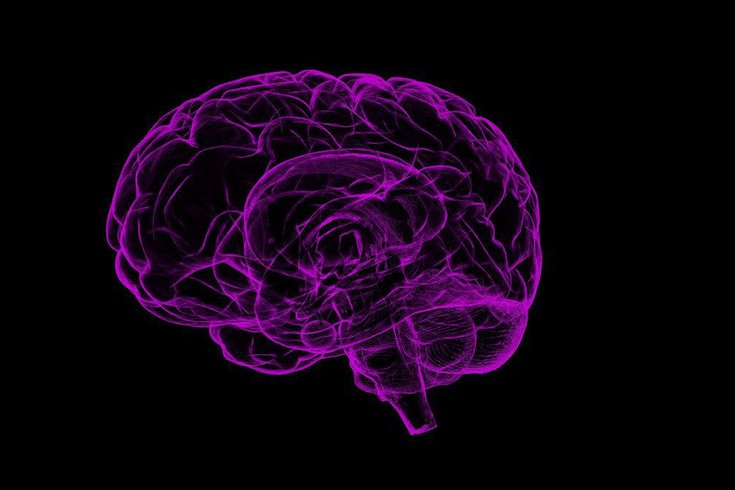
March 08, 2022
 Raman Ozar/Pixabay
Raman Ozar/Pixabay
A study from researchers at the University of Oxford found that even mild cases of COVID-19 can cause brain changes, including tissue damage.
A mild case of COVID-19 can cause changes in brain shape and functionality, according to new data from the University of Oxford.
The research is considered to be some of the first of its kind, largely because it includes participants who contracted COVID-19 during the middle of the study period.
Investigators found that the participants who tested positive for COVID-19 had an increase in brain tissue damage, a reduction in brain size, and a reduction in gray matter thickness. Overall, the infected participants showed larger cognitive decline between brain scans.
Gwenaëlle Douaud, lead researcher and professor at the University of Oxford, told CNN that it is normal for people to lose 0.2% to 0.3% of gray matter yearly as they age, particularly in memory-related areas of the brain.
However, infected participants in the study lost on average an additional 0.2% to 2% of tissue in the areas of the brain that control smell, compared with those who were not infected.
"We were quite surprised to see clear differences in the brain even with mild infection," Douaud said. Still, researchers believe that future research is needed to determine how long these harmful effects of COVID-19 infection last, or if the brain changes are permanent.
Dr. Benedict Michaels, a professor of neurological infections at the University of Liverpool who was not involved in the study, told The New York Times that the testing process was not significant enough to determine whether or not "it means anything for the patient's quality of life or function."
Michaels said that the results cannot be assumed for younger COVID-19 patients experiencing "brain fog" as a result of long-COVID, or other similar symptoms. The differences between infected and uninfected participants in the study increased with age, in part because of the natural aging of the brain.
Brain changes and abnormalities have been recorded among those recovering from COVID-19 since the pandemic began in 2020. However, more research has gone into the impact of brain changes and memory loss among those who suffer with COVID-19 symptoms long after they stop being contagious.
A September 2021 study found that up to 37% of people who contract COVID-19 eventually develop long-term symptoms, often called "long-COVID."
The symptoms, which include chronic breathlessness, depression, anxiety, and chronic headaches, develop after the onset of initial COVID-19 symptoms and can continue for at least six months after infection.
A July 2021 study found that of 3,762 people with confirmed or suspected COVID-19, 85% reported brain fog. While brain fog is not a medical or technical term, it is an umbrella term that includes things like slurring of words, difficulty concentrating and memory loss.
Among these, brain fog is regularly recorded as a symptom as people recover from a COVID-19 infection. Still, experts say that the brain should be able to recover some of its mental abilities lost to the virus.
“The brain's ability to bounce back from injury is what neuroplasticity is, and I’ve worked with people in our rehab clinic who have had brain tumors or suffer the effects of surgery or radiation on the brain, and people who have had West Nile, HIV, and meningitis,” Tom Bergquist, neuropsychologist at Mayo Clinic told WebMD. “There’s not a week that goes by that I don't see someone recovering from COVID-19.”
Some methods of strengthening the brain include errorless learning — which is the repetition of words or phrases for those with memory problems.
Though there has not been research done into the effectiveness of these brain exercises on people with COVID-19 or suffering from long-COVID symptoms, it has had some effectiveness with those recovering from Lyme disease, another viral infection.
Douaud notes that more research is necessary, and suggested an additional scan within the next year or two to determine whether or not the brain changes continue over longer periods of time.